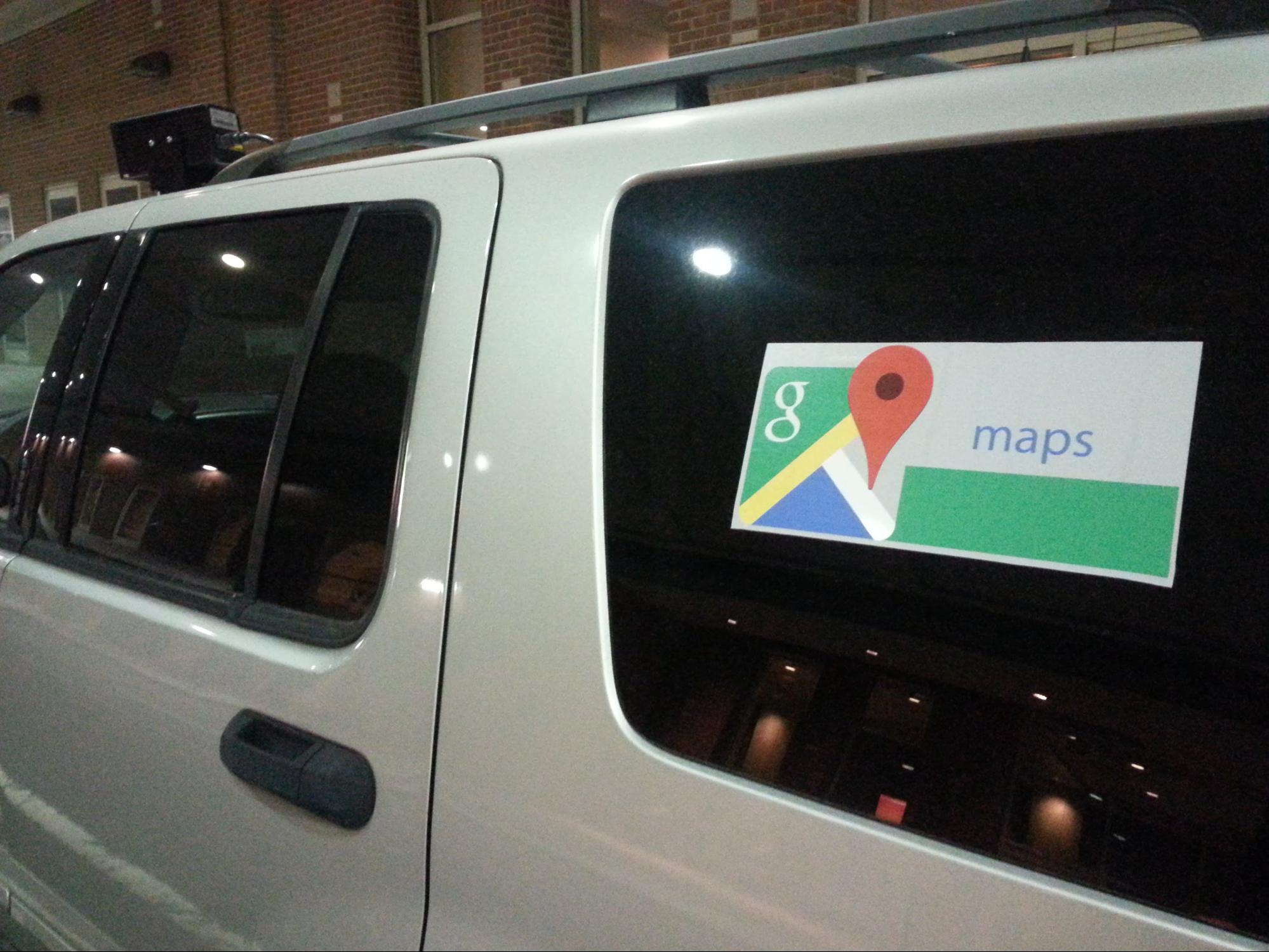One of the more interesting aspects of our surveillance society is the use of automated license plate reader (ALPR) technology by law enforcement to track the movements of vehicles. Our legal system is far behind in treating this technology, and activists are just beginning to challenge our government in terms of proper use, managing citizen expectations, and shedding daylight on the technology and the resulting data collections.
I got interested in this technology after several trips to Israel: the main north/south freeway uses both the ALPR system and an RFID system to send tolls to those who use the roads. If you have a transponder, you are recognized by the RFID system. If you don’t the ALPR system will send you a bill from the rental company for the tolls a few weks after your rental. Theses sorts of systems are also used in several cities around the world for congestion pricing (London has been doing this for years) when a driver enters the central business district.
 Then I read this article in Motherboard about how the Philadelphia police department was using ALPR equipment that was mounted to a vehicle with Google markings. While police departments often use decoy vehicles with fake business logos to hide in plain sight, I think this is the first time anyone was attempting to pass off a Google Street Maps vehicle in this fashion. Naturally, Google was not amused nor apparently consulted in this move. And while the Philly police is allowed to collect license plate data, they can’t just appropriate some legitimate business.
Then I read this article in Motherboard about how the Philadelphia police department was using ALPR equipment that was mounted to a vehicle with Google markings. While police departments often use decoy vehicles with fake business logos to hide in plain sight, I think this is the first time anyone was attempting to pass off a Google Street Maps vehicle in this fashion. Naturally, Google was not amused nor apparently consulted in this move. And while the Philly police is allowed to collect license plate data, they can’t just appropriate some legitimate business.
These automated readers are pretty powerful tools: some can collect thousands of plates an hour and can even recognize mud-splattered plates through infrared imaging. When I did my ride-along with a St. Louis city cop, he had me running plates the old fashioned way: by entering them one at a time into a car-mounted computer terminal to query a central database. It wasn’t a cumbersome process, but it did take a moment, if I typed in the plate correctly. (There is a great plot point in the Amazon series “Bosch” that hinges on a mistyped plate number, for fans of that fictional detective.)
But you might start asking questions, which is what I did, about what happens to this data once it is collected. Obviously, the chances of abuse are huge. Several years ago, the ACLU issued a report that looked in the potentials for abuse and said that ALPR technology can be “deployed with too few rules and could become a tool for mass routine location tracking and surveillance.”
On top of this there is an open data movement that allows anyone with a webcam to upload the plates they have collected to a central website. While I am normally a fan of open data, this also has great abuse potential too. What if one of my neighbors starts tracking my movements inadvertently?
There are no federal statutes that limit this collection of data, and of course each state has their own regulations about how long data can be retained and who has access to this data. Minnesota, for example, limits the data collected to only active investigations, and requires the rest to be destroyed. Some states don’t have any requirements about destruction of their data, and others allow agencies to keep the data for years. And there are two private companies that collect plate data and share the information with insurers and car repo vendors, among others.
The Electronic Frontier Foundation has already brought one lawsuit against the Los Angeles police departments. According to the EFF, LAPD and LA county sheriff’s departments have collected millions of plates each week. The EFF has a nice page summarizing what these rulings across the country are at the moment.
So what can you do to defend yourself, especially if you aren’t a suspect? The answer is not much. You might be able to obscure your plate on your car if it is parked in your driveway on your own property, but once you drive it on a public street you have to keep it visible. Also, you should become familiar with the EFF talking points for activists, which are illuminating. In the meantime, keep an eye out for strange vans parked on your street.
Like I said, we live in a society where we are watched, and possibly now listened to:
http://paleofuture.gizmodo.com/the-fbi-can-neither-confirm-nor-deny-wiretapping-your-a-1776092971
And the Dubai police are upgrading their system of police car-mounted cameras soon to capture more plate data.
http://www.enterprisetech.com/2016/08/03/22909/?eid=328370145&bid=1490113
California is considering changing the law about covering your license plate when your car is parked. See this story from Lisa Vaas here: https://nakedsecurity.sophos.com/2018/01/22/california-to-make-it-harder-for-your-license-plate-to-be-tracked/
check out DeFlock, a database of some of the ALPRs around the country. Here is a story about them by 404Media.